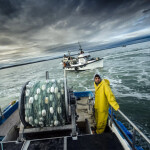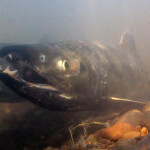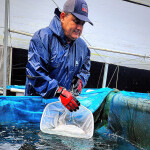The South Indian Ocean Fisheries Agreement (SIOFA) is expected to become a fully operational Regional Fisheries Management Organization (RFMO) within the next year, following a productive extraordinary meeting of its members.
At the meeting, held in Brussels on 12-16 October, SIOFA members agreed on a number of important administrative and financial issues, including the Rules of Procedures, the Terms of Reference for subsidiary bodies, as well as the roadmap and the procedures for the recruitment of the Executive Secretary.
Important progress was also achieved on SIOFA’s financial regulation. The final revision and approval of these documents will be conducted at its next meeting in June 2016 in La Reunion, where SIOFA will be based.
SIOFA’s membership comprises Australia, Cook Islands, the EU, France, Japan, Republic of Korea, Mauritius and Seychelles.
It is a non-tuna RFMO, which completes the coverage of RFMOs in the Indian Ocean. Its objectives are to ensure the long-term conservation and sustainable use of fishery resources through cooperation and to promote the sustainable development of fisheries, taking into account the needs of its members and in particular the least-developed and small island states.
SIOFA’s area of competence covers the high seas between eastern Africa and Western Australia. It is adjacent to the convention area of the Commission for the Conservation of Antarctic Marine Living Resources (CCAMLR) in the south, the South Pacific Regional Fisheries Management Organization (SPRFMO) convention area in the east and the South East Atlantic Fisheries Organization (SEAFO) convention area to the west.
The outcome of the meeting in Brussels was welcomed by the European Commission, which stated that, “well functioning RFMOs are key to ensure an effective governance of the oceans.”
Last week, the Commission closed its international public consultation on how the EU could contribute to achieving better international governance of oceans and seas to the benefit of sustainable blue growth.
"Governance gaps exist when it comes to managing our oceans sustainably. This puts our marine resources and environments at risk. Better managed oceans are healthier oceans – and healthy oceans are the basis for blue growth and a thriving ocean economy. I am convinced that the responses we have received will allow us to make solid proposals that further build on the existing cooperation and dialogue with our international partners," said Karmenu Vella, EU commissioner for environment, maritime affairs and fisheries.
The Commission is now analyzing the contributions received. Based on the views gathered, it will launch an initiative on international ocean governance next year.






